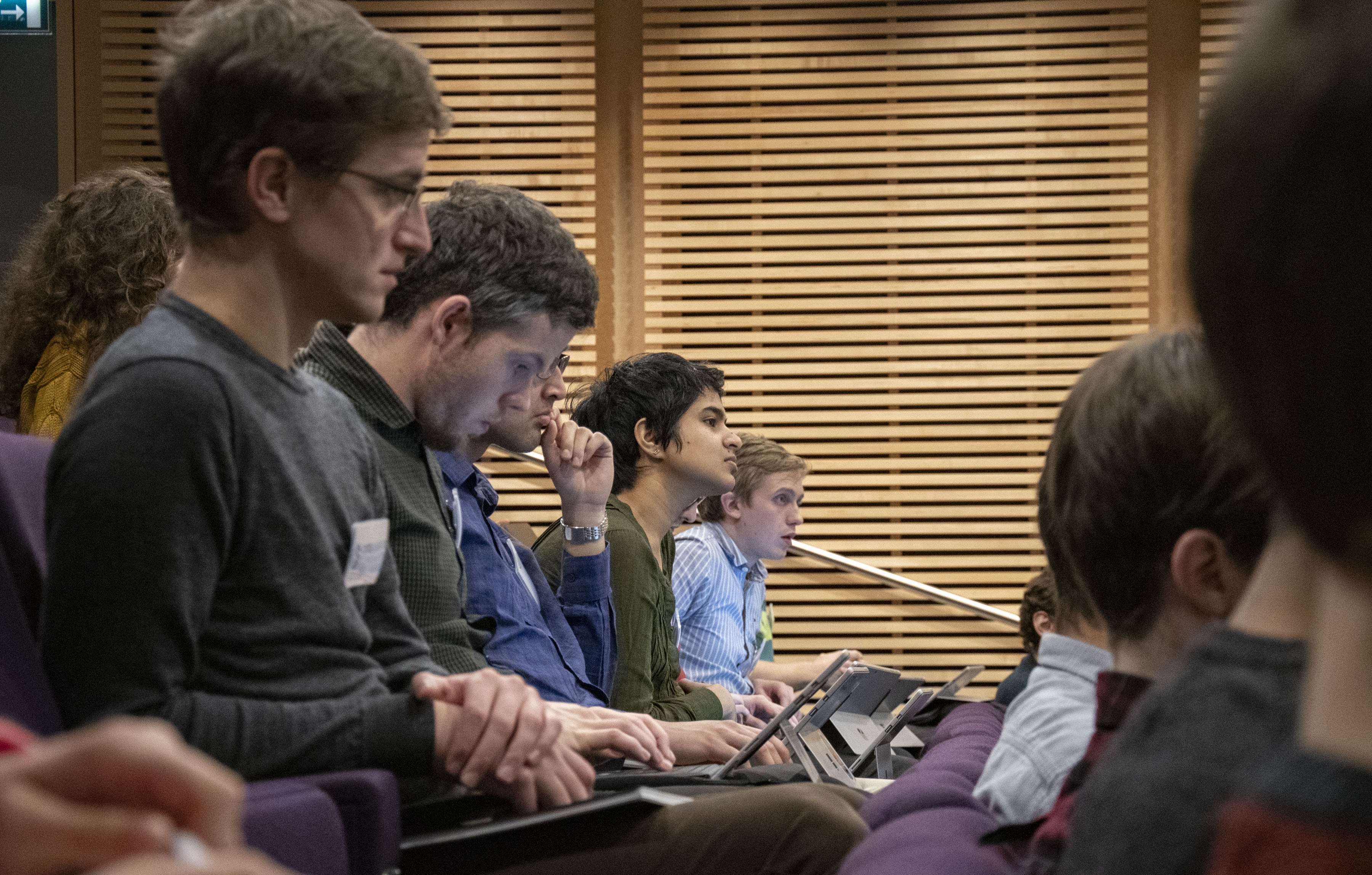NanoDTC Associates: The NanoDTC invites PhD students from Cambridge not already affiliated with the Centre to apply to become a NanoDTC Associate.
As NanoDTC Associates, students will become full members of the NanoDTC community and will be invited to all NanoDTC events on the same basis as our core cohort students. This includes the weekly NanoDTC journal club and lunch, the annual NanoFutures event, and the residential NanoDTC spring or summer school. In addition, Associates will be eligible to access funding for professional development and training opportunities on the same basis as NanoDTC students, e.g. participation, at no cost, on the Maxwell impulse programme (worth £1,250), the Judge Business School EnterpriseTECH programme (worth £650), or the Accelerate Data Science Residency (worth £1,260). Associates will have access to the NanoDTC Makespace and free access, on a fair use basis, to NanoDTC-run research equipment and the opportunity to join our Systems Integration for Experimentalists module (previously: NanoIntegration).
To apply, applicants must propose a NanoInitiative. The NanoInitiative programme enables enthusiastic members of the NanoDTC community to try out their ideas, initiatives, and ventures (see details further below). Applicants must therefore submit, as part of their Associates application:
- a CV;
- a NanoInitiatives application form (here);
- a short (2-minute) recorded presentation, which will detail your research briefly (1 slide) and your idea for a NanoInitiative (1 slide);
- a copy of your two slides.
Applicants will be shortlisted on the basis of their academic credentials, their suggested interaction with the NanoDTC community, and the quality and feasibility of their proposed NanoInitiative. The deadline for applications is 12 noon on Wednesday 15th November 2023. Shortlisted candidates will be invited to deliver their presentation at the NanoDTC’s NanoFutures Event Friday 24th November 2024. NanoDTC Associates will be required to regularly attend NanoDTC community events throughout the academic year (c. 5-10 events per year).
To apply, please complete the online form, and upload your application materials, here.
Brief descriptions of recent NanoDTC Associates’ research can be found below, and details of the NanoInitiatives programme below that.
- All
- a2017
- a2018
- a2019
- a2020
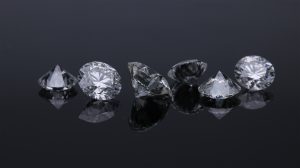
Computing on a diamond cluster

A Collaborative Approach in Tackling Dementia

Bringing Magnetism and Electricity Together
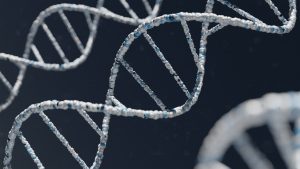
Spying and tagging cancer to attack it first!
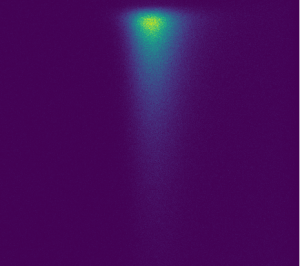
Documenting the lifespan of electrons, from birth till death
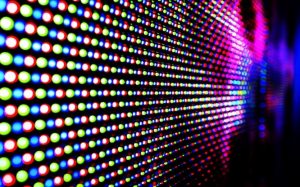
Look for the light!
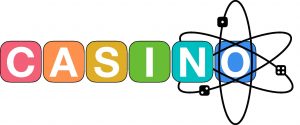
Using Electronic Noise to Speed Up Machine Learning
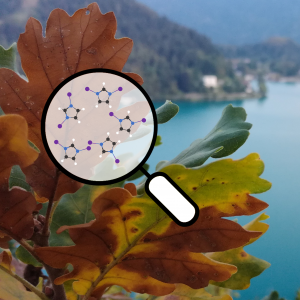
Making sense of a sea of atoms
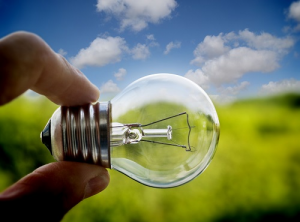
Green chemical synthesis using vitamins and light
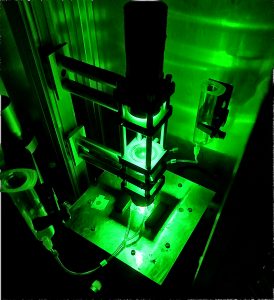
Studying membrane transport electrical ‘colour’
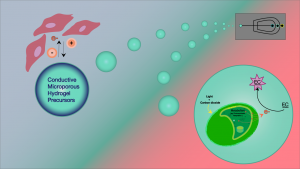
Microfluidic bioelectronic interfaces at the cellular level
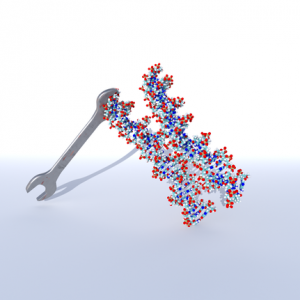
Mimicking living systems with DNA
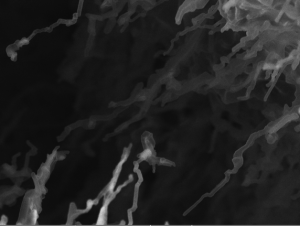
Safety alert – beware of battery explosions

Laser texturing for ‘self-cleaning’

Opening a Window to Sunlight
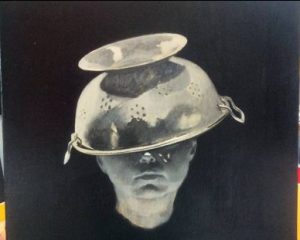
The Fanciest Colander You’ll Never See
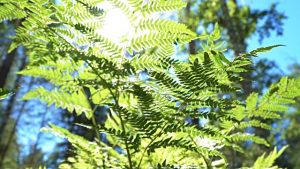
Return to Nature
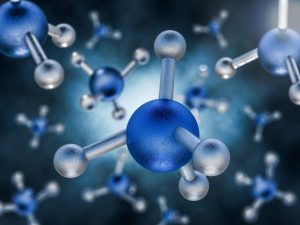
Porous nanomaterials: Fuel storage of the future
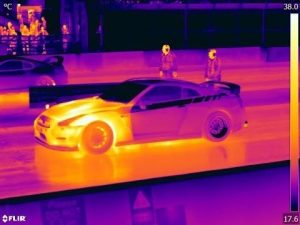
Better night vision using the darkest material on Earth
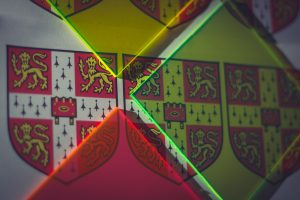
Singlet Fission Luminescent Solar Concentrators

Frontier observations using superconductors
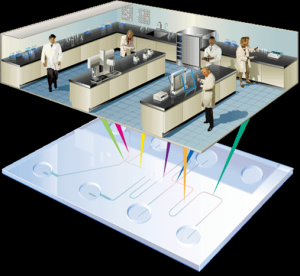
A lab in the palm of your hand

Sun and water, a perfect pair
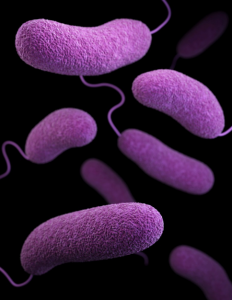
Bacteria: Enemy or Hero?
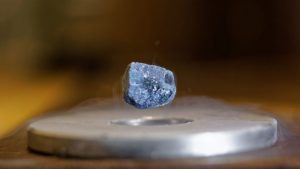
Making superconductors more super
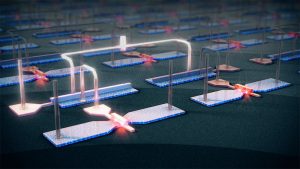
Nano-Mechanical Quantum Computers
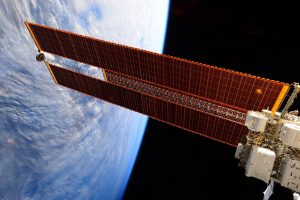
Power for Space Missions
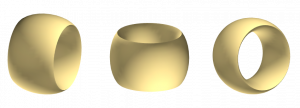
Tiny Barrels Unlock the Materials of Tomorrow

Understanding our brain’s language
NanoInitiatives: The NanoDTC launched NanoInitiatives to enable enthusiastic members of the NanoDTC community to try out their ideas, initiatives, and ventures, especially those which might help the NanoDTC engage with various audiences about nanoscience and nanotechnology. Students and associates will be able to apply for up to £250, either individually or in small groups. Applications for more than £250 may be considered if first discussed with the MRes Co-Director. The available funding is to support students and associates to pursue their interests and cannot be used to pay members of the NanoDTC community. Although there are no fixed constraints on the type of initiatives which might be supported, these might include: NanoAmbassador outreach trips to schools and/or universities; the development of exhibits or demonstrations for the Cambridge Festival; the organisation of a series of talks of relevance and interest to the NanoDTC community; etc. Projects should be sufficiently small scale to be clearly manageable alongside your current studies or research.
Example Initiatives: Although there are no constraints on the type of initiatives which might be supported, the following examples offer a flavour of the sorts of ideas we have in mind:
- NanoAmbassadors—Pairs of students and associates could apply to cover the cost of travel to deliver outreach talks at schools or universities as NanoAmbassadors. We would be particularly keen to support students and associates keen to deliver talks at universities which do not have a strong tradition of sending students to Cambridge or the NanoDTC.
- Cambridge Festival—The NanoDTC has a strong tradition of taking part in the Cambridge Science Festival and the Festival of Ideas, which have now been combined to form the unified Cambridge Festival. Individuals or small groups of students and associates could apply to develop materials, exhibits, demonstrations, or activities to be used at the Festival or other similar festivals. Ideally, such materials could be re-used, e.g. as part of NanoAmbassador talks.
- Series of talks—Students and associates could apply to cover the cost of travel expenses for a series of speakers on a topic of interest to the wider NanoDTC community and/or to pay for external providers to offer workshops or training on particular topics.
NanoInitiatives may also include small-scale creative projects which help them connect to, and enhance the vibrancy and intellectual diversity of, the NanoDTC community. Projects may align with those areas supported by the NanoFutures Leadership Awards, which address “areas of materials sustainability, circular economy / life cycle assessment approaches for nano based technologies, societal perceptions and implications of new materials, technologies or devices, and projects considering multidisciplinary pathways to understand and influence imaginative and sustainable futures”. Projects may take the form of workshops, events, outreach activities, policy research, site visits, public engagement, travel, exhibitions, conferences, etc., with no limit placed on the form.

